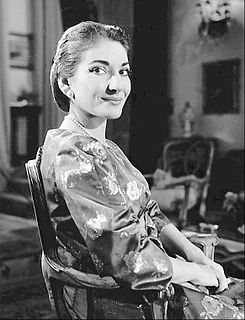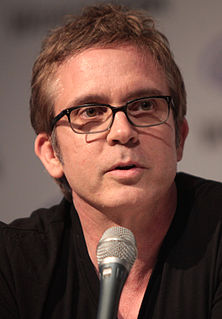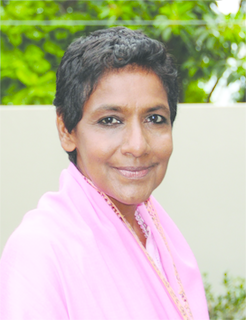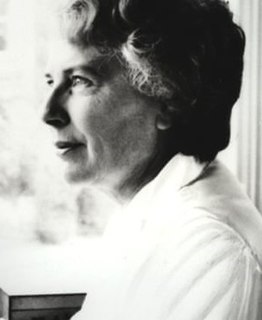A Quote by Ryszard Kapuscinski
A journey, after all, neither begins in the instant we set out, nor ends when we have reached our door step once again. It starts much earlier and is really never over, because the film of memory continues running on inside of us long after we have come to a physical standstill. Indeed, there exists something like a contagion of travel, and the disease is essentially incurable.
Related Quotes
Someone once told me that time was a predator that stalked us all our lives. But I rather believe than time is a companion who goes with us on the journey, and reminds us to cherish every moment because they'll never come again. What we leave behind is not as important how we lived. After all, Number One, we're only mortal.
But pain may be a gift to us. Remember, after all, that pain is one of the ways we register in memory the things that vanish, that are taken away. We fix them in our minds forever by yearning, by pain, by crying out. Pain, the pain that seems unbearable at the time, is memory's first imprinting step, the cornerstone of the temple we erect inside us in memory of the dead. Pain is part of memory, and memory is a God-given gift.
When I use the words 'inner journey', I simply mean that you have looked at one aspect of the journey in your life called 'outer', now try to look at another aspect of the journey called 'inner'. You have been running after money, now run after meditation. You have been running after power, now run after God. Both are running. Once you start running after meditation then one day I will tell you, 'Now drop meditation too. Now stop running.' And when you stop running then real meditation happens.
We're in essence allowing our spirit to come to terms with all the conflicts that we build within ourselves. Disease is after all a conflict within the tissue itself. Memory fading within the tissue, conflict of our actions or thoughts, our lives are not seamlessly running together in some way for ourselves, and had not been for a long time before we get to the critical point of a disease.
To remember love after long sleep; to turn again to poetry after a year in the market place, or to youth after resignation to drowsy and stiffening age; to remember what once you thought life could hold, after telling over with muddied and calculating fingers what it has offered; this is music, made after long silence. The soul flexes its wings, and, clumsy as any fledgling, tries the air again
Fate is like a small sandstorm that keeps changing directions. You change direction but the sandstorm chases you. You turn again, but the storm adjusts. Over and over you play this out, like some ominous dance with death just before dawn. Why? Because this storm isn't something that blew in from far away, something that has nothing to do with you. This storm is you. Something inside of you. So all you can do is give in to it, step right inside the storm, closing your eyes and plugging up your ears so the sand doesn't get in, and walk through it, step by step.
Even without comparing ourselves to the world's greatest, we set such high standards for ourselves that neither we nor anyone else could ever meet them-and nothing is more destructive to creativity than this. We fail to realize that mastery is not about perfection. It's about a process, a journey. The master is the one who stays on the path day after day, year after year. The master is the one who is willing to try, and fail, and try again, for as long as he or she lives.
Drug misuse is not a disease, it is a decision, like the decision to step out in front of a moving car. You would call that not a disease but an error in judgment. When a bunch of people begin to do it, it is a social error, a life-style. In this particular life-style the motto is "Be happy now because tomorrow you are dying," but the dying begins almost at once, and the happiness is a memory.
Relationship means something complete, finished, closed. Love is never a relationship; love is relating. It is always a river, flowing, unending. Love knows no full stop; the honeymoon begins but never ends. It is not like a novel that starts at a certain point and ends at a certain point. It is an ongoing phenomenon. Lovers end, love continues. It is a continuum. It is a verb, not a noun.
I've always thought what was I before I was this and then what will I be when I leave here. I really had a hard time always accepting that at some point I'm just going to turn to dust and ashes and never be again and that the journey would stop. I believe that we are souls, kind of like a version of what our movie presents, and we come here again and again until we arrive at our highest evolution, and what happens after that I don't know.
I was driven to Whipsnade one sunny morning. When we set out I did not believe that Jesus Christ is the son of God, and when we reached the zoo I did. Yet I had not exactly spent the journey in thought. Nor in great emotion. “Emotional” is perhaps the last word we can apply to some of the most important events. It was more like when a man, after a long sleep, still lying motionless in bed, becomes aware that he is now awake.
They say when you reach a crossroad or a turning point in life, it really doesn't matter how we got there, but it's what we do next after we got there. Usually you arrive there by adversity, and then it is then and only then that we find out who we truly are and what we're truly made of. It's a process, a gift and a journey, and if we can travel it alone, although the road may be rough at the beginning, you find an ability to walk it. A way to start fresh again. It's neither a downfall nor a failure, but a new beginning.
There is so little to remember of anyone - an anecdote, a conversation at a table. But every memory is turned over and over again, every word, however chance, written in the heart in the hope that memory will fulfill itself, and become flesh, and that the wanderers will find a way home, and the perished, whose lack we always feel, will step through the door finally and stroke our hair with dreaming habitual fondness not having meant to keep us waiting long.
































